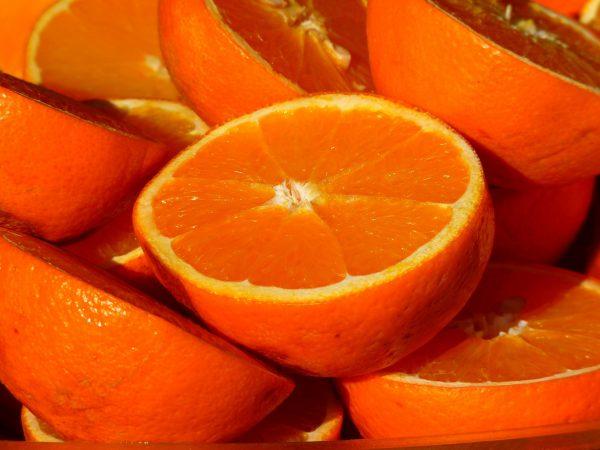It’s a whole new year, and while reading this, you may already have a few New Year’s resolutions in mind, one of which is “eat healthier.” If this is so, you’re in luck, because we decided to shed some light on 20 fairly prevalent food myths on the internet so you don’t have to do all of the painful work of filtering out the false-information yourself.
1. Vitamin C keeps you from catching a cold

©LOGGA WIGGLER | Pexels






